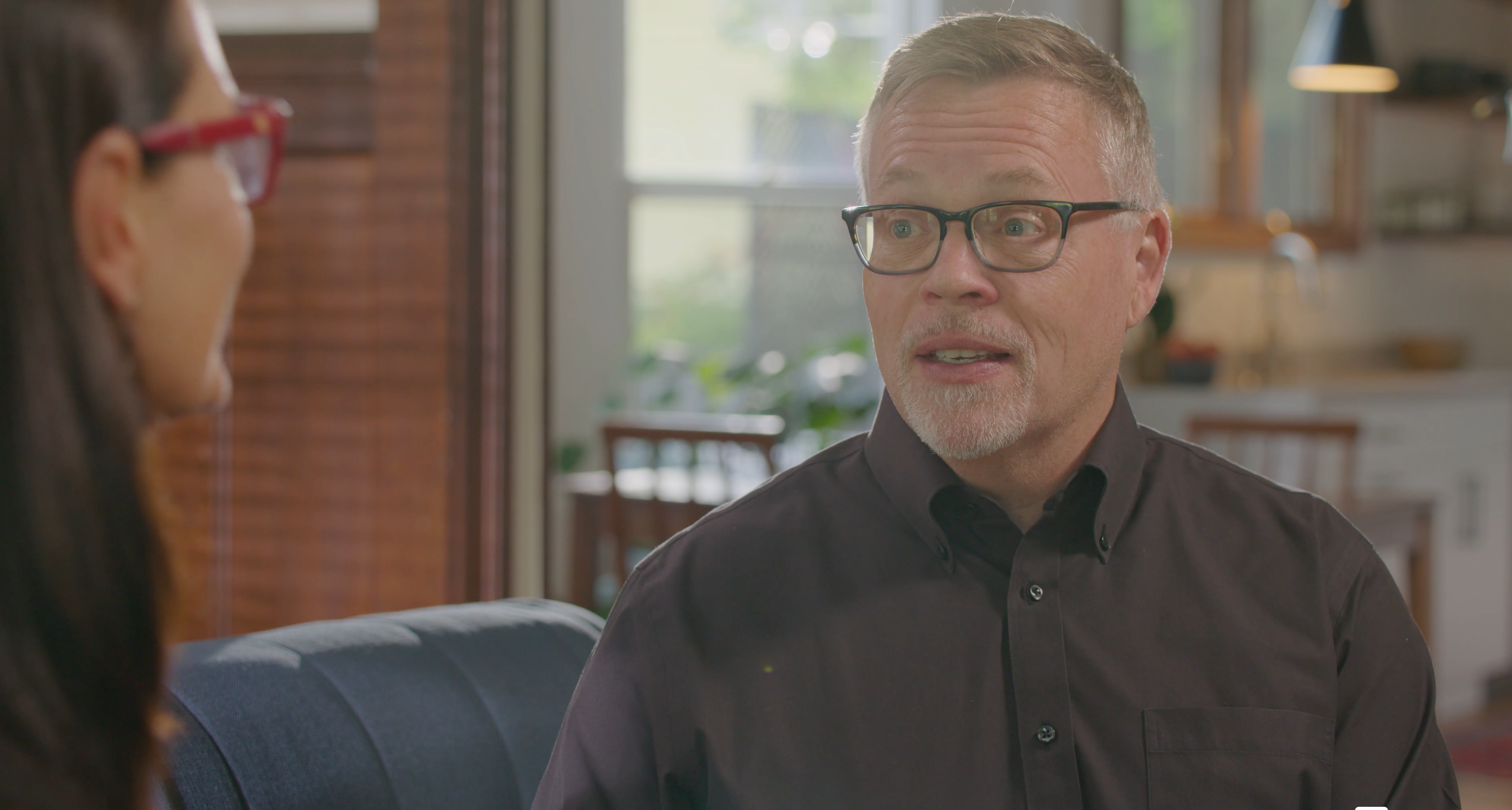It’s common for major gift officers to be overcommitted. Partly because the role attracts the kind of people who are always volunteering for more – always saying “yes” when people ask them for help. Those MGOs are some of the hardest-working folks I know.
But when your attention is spread over too many areas, you simply won’t be able to achieve your full potential as a fundraiser. When time is short and budgets are tight, and you’re only one person – you must focus on the essential duties of a major gift officer.
That’s why in this month’s Question of the Month video, Karen and Jeff have outlined the 3 essential tasks that major gift officers absolutely must do and cannot sacrifice if they want to see their revenue grow.
————
Read the full transcript:
Karen Kendrick
Hi, everyone. I’m Karen Kendrick, Senior Director of Learning here at Veritus Group, and welcome to the Question of the Month. Today we’re answering a question that was submitted by a member of our community: “With limited resources (time, people and investment), what are the two to three things that major gift officers absolutely need to do and cannot sacrifice?”
Jeff Schreifels
So these are the three things that if I didn’t have many resources, but I had to make the biggest impact, this is the three areas I would focus on. The first area would be, you have to have qualified donors in your portfolio. Now, what does that mean? Now, that means that you have established from that donor that’s given a gift at that major gift level, that they actually want a deeper relationship with you. So you’ve had contact with them in some manner, that they said, Yes, I want that deeper relationship. This is so important, because with all these limited resources, you don’t have the time to have a huge portfolio of donors. And you want to focus on your best donors. So they have to be qualified. That’s number one.
Jeff Schreifels
The second area I would focus on is really around figuring out the donor’s passions and interests. And this is why it takes time to do major gifts.
Karen Kendrick
Well they gotta talk back to you.
Jeff Schreifels
That’s right. So focusing on your donor’s passions and interests is going to allow you to ask that donor for larger gifts. If we’re focused on the donor’s passions, and interests, as it relates to all the projects and programs you have that are changing the world, that’s where you’re going to see bigger gifts come into play. It’s not just asking for a general gift. It’s taking what they’re passionate about, and matching that up with all the great things that you’re doing. That means you’re going to get higher, larger gifts.
Jeff Schreifels
And then the third area I would really focus on is, once that donor has made the gift, focusing on the impact that that gift is making and reporting back to the donor. We know that when a donor never hears about what happened to their gift, they go away. We also know that if you can do a great job of reporting back on their impact, they’re going to give again, and they’re going to give much higher gifts in the future. So reporting back on that gift is essential. So those are the three things. You know, it’s qualified donors, it’s focusing on passions and interests, and finally, reporting back on the impact.
Karen Kendrick
And that’s like how you go from being transactional to relational.
Jeff Schreifels
Absolutely.
Karen Kendrick
I love that Jeff, that’s really helpful. I know a lot of fundraisers out there are going to really benefit from this breakdown of where to focus first. And if you’re ready for more and want to learn the entire system and structure we use to help you be successful in fundraising, be sure to check out our certification courses. We offer these comprehensive trainings in major gifts, leadership, and mid-level fundraising so you get everything you need to implement a system that will transform how you approach fundraising. Just click on the button below or the link in this post to learn more.

![A donor is showing her membership card. Moving Out of a Membership Mindset [Podcast Episode]](https://veritusgroup.net/wp-content/uploads/2022/08/Podcast-Episode-Blog-Post-Header-Image_081722.png)
![A man peering into a microscope. How to Approach Fundraising When Your Mission Doesn't Fit in a Neat Box [Podcast Episode]](https://veritusgroup.net/wp-content/uploads/2022/09/Podcast-Episode-Blog-Post-Header-Image-3.png)




0 Comments